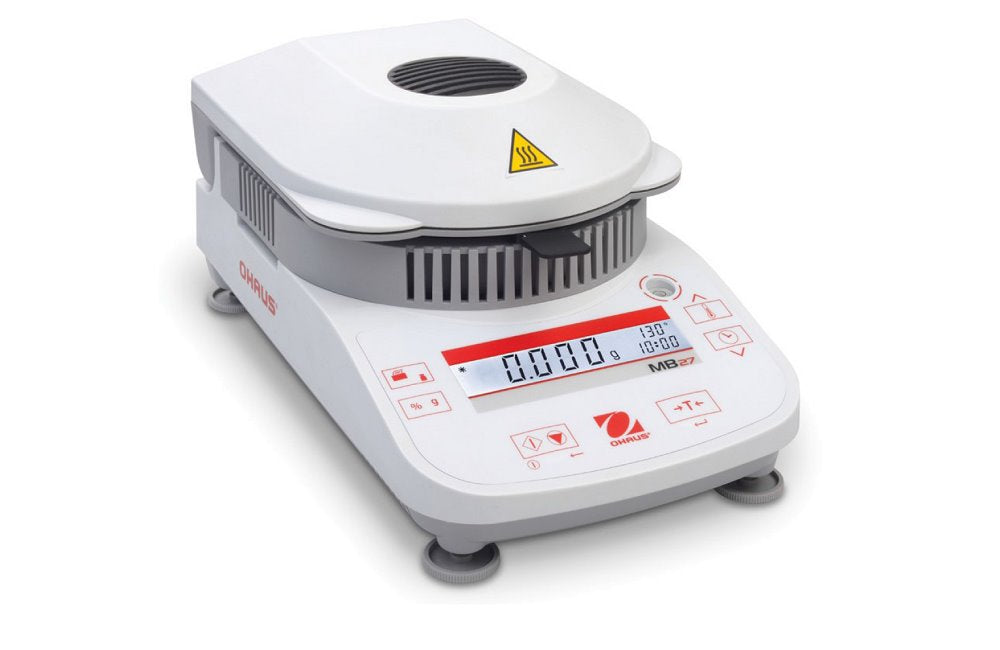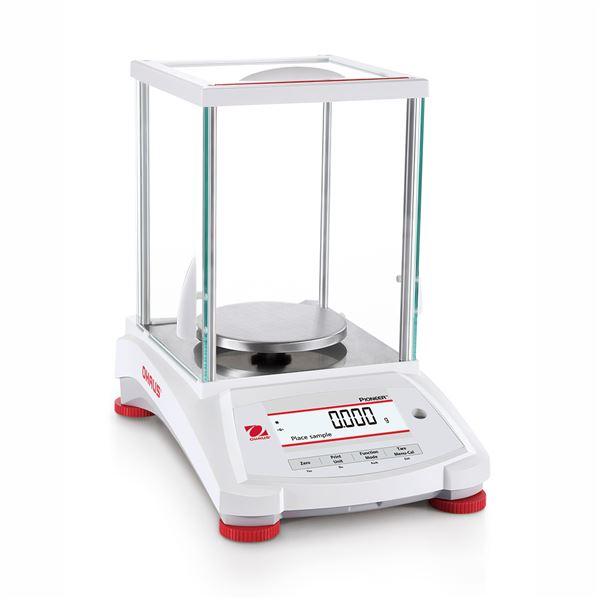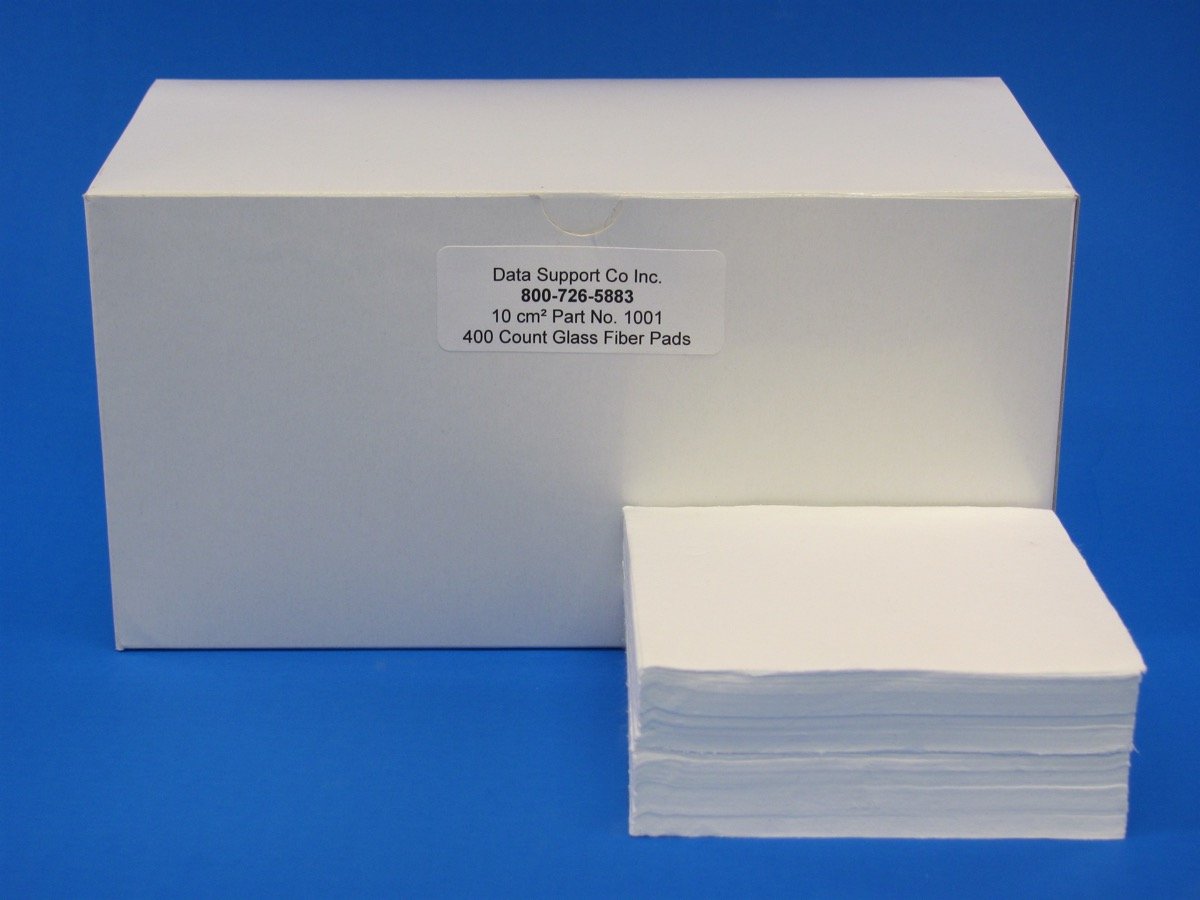Looking for a jewellers scale? Discover their essential features, smart functions, and benefits.
Key Takeaways
-
Jewellers scales must feature high precision and accuracy, often certified for trade compliance, ensuring reliable measurements for transaction integrity.
-
Modern scales incorporate smart functions like built-in applications and connectivity options, enhancing efficiency in weighing tasks and data management.
-
Selecting the right jewelry scale involves considering precision, capacity, readability, and smart features that align with business needs for accurate and efficient transactions.
Essential Features of a Jewellers Scale
Commercial transactions require a certified ‘Legal for Trade’ scale. This certification guarantees the scale meets specific legal metrology standards, ensuring legally compliant and accurate measurements. Regular performance checks and annual service calibrations maintain this accuracy.

Precision and Accuracy
Precision and accuracy are fundamental to any high-quality jewelry scale. Engineered for high precision, these scales ensure accurate measurements for both metals and gemstones, which is vital in the manufacturing process. This precision ensures that each piece meets specific weight requirements, crucial for accurately assessing value and rarity in the jewelry and precious metal industries. Advanced functionalities like density determination allow jewelers to calculate the specific weight of precious metals, enhancing accuracy in valuation. This is crucial for determining the purity of gold and other precious metals.
High-quality Jewellers scales offer a readability range from 0.01 to 0.001 grams, essential for accurately determining carat and gram weights in silver. Features like overload protection and calibration tools maintain the balance and precision of these scales, ensuring consistent reliability.
Capacity Options
Jewellers scales offer various capacity options to cater to different weighing needs. These scales typically measure in units such as grams, carats, ounces, and troy ounces, providing flexibility for different markets. This versatility allows jewelers to weigh small gemstones or larger pieces of jewelry accurately.
Choosing a scale with the appropriate weight capacity avoids inaccuracies from overloading. A scale that accommodates a range of weights ensures efficient handling of various transactions, whether small grams or larger carats.
Readability and Display
A clear, high-quality display allows jewelers to read weight measurements easily and accurately. High-quality displays enhance the user experience by ensuring readability and accurate measurements, helping to prevent errors. This is especially important when dealing with small weights where even a minor error can lead to significant discrepancies.
Some jewelry scales include magnifying glasses to assist in reading small displays or identifying details on the jewelry. These features ensure jewelers can efficiently and accurately complete tasks, maintaining high industry standards.
Types of Jewelry Scales
Jewelry scales come in various types, each designed to cater to specific needs and applications. Understanding the different types can help you choose the right scale for your business.
-
Digital Jewelry Scales: These scales use advanced digital technology to provide highly accurate and precise weight measurements. Their compact design makes them ideal for use in small spaces, ensuring you can weigh precious metals and gemstones with ease.
-
Mechanical Jewelry Scales: Utilizing a mechanical mechanism to measure weight, these scales are often more affordable than their digital counterparts. While they may not offer the same level of precision, they are reliable for basic weighing tasks.
-
Balance Scales: Known for their high precision, balance scales use a balance mechanism to measure weight. They are commonly used in laboratories and for weighing precious metals, providing accurate results essential for detailed analysis.
-
Pocket Jewelry Scales: Designed for portability, pocket jewelry scales are compact and lightweight, making them perfect for on-the-go weighing. Despite their small size, they offer precise measurements, ideal for weighing small items like gemstones.
-
Precision Jewelry Scales: These scales are built for high-precision weight measurements, often featuring a large capacity. They are crucial in applications where accuracy is paramount, such as in the valuation of gold and other precious metals.
Smart Functions and Connectivity
Integrating advanced functionalities makes daily professional use more manageable and accurate.

Built-in Applications
Built-in applications like density determination and totalization significantly enhance the functionality of jewelry scales. Density determination assesses the purity of gold and other precious metals, ensuring accurate valuations. Totalization allows weighing multiple gemstones in a single session, streamlining the process and ensuring comprehensive tracking.
These applications improve the efficiency of weighing tasks and provide jewelers with tools for maintaining high accuracy and reliability.
Connectivity Enhancements
Modern jewelry scales are significantly enhanced by connectivity options. Many scales now offer Bluetooth or USB connectivity, enabling easy data transfer to printers or computers for streamlined record-keeping. This feature allows jewelers to maintain accurate and efficient documentation of their transactions.
Connecting jewelry scales to printers and PCs facilitates efficient data management and reporting, essential for professional settings. These enhancements add value by making the scales more versatile and adaptable to various business needs.
Legal Compliance for Trade
In the jewelry industry, legal compliance is paramount to ensure fair and accurate trade. Professional jewelry scales are often certified for trade compliance under regulations such as OIML and NTEP, ensuring accuracy and legality. This certification process involves rigorous testing to meet legal metrology standards, ensuring confidence in weight measurement accuracy.
Many portable jewelry scales are NTEP certified, meeting legal accuracy standards for weighing precious metals. Compliance with these standards maintains trust and integrity in commercial transactions, especially when using Adam Equipment.
Durability and Design
Overload protection maintains the reliability and performance of these scales over time. Heavy-duty components and anti-slip mats contribute to stability and accuracy during weighing.
Durability and robust design are essential features of high-quality Jewellers scales. A metal base enhances stability and ensures longevity, making these scales reliable for professional use. Quality alloys and corrosion-resistant materials improve durability, allowing frequent use.Portable Jewelry Scales
Portable scales provide detailed weight readings, often down to 0.01 grams, crucial for accurate pricing of precious metals. This precision balances ensures fair and accurate transactions, regardless of location.

Value and Performance
High-quality jewelry scales are vital for accurately measuring precious metals and gemstones. Accurate weighing determines the value of these materials, ensuring customers receive fair valuations. High precision scales, constructed with quality materials and overload protection, enhance reliability for professional use.
Accurate results over time maintain customer trust and satisfaction. Investing in a reliable jewelry scale improves business performance and increases customer loyalty.
Choosing the Right Jewelry Scale for Your Business
Scales with excellent readability and display quality facilitate quick and easy measurements during customer transactions. Scales with smart functions like totalization and connectivity options simplify record-keeping and enhance workflow, making them valuable additions.

Calibration and Maintenance
Ensuring the accuracy and reliability of your jewelry scale requires regular calibration and maintenance. Here are some essential tips to keep your scale in top condition:
-
Calibrate Your Scale Regularly: Regular calibration is crucial for maintaining accurate weight measurements. It’s recommended to calibrate your scale at least once a year, or more frequently if it’s used extensively. This practice ensures your scale remains precise and reliable.
-
Use a Calibration Weight: A calibration weight is a precision tool used to calibrate your scale. Ensure you use a weight certified by a reputable organization, such as NIST, to guarantee accuracy.
-
Clean Your Scale Regularly: Dirt and debris can affect the accuracy of your scale. Clean it regularly with a soft cloth and mild soap to maintain its precision. Avoid using harsh chemicals that could damage the scale.
-
Store Your Scale Properly: Proper storage is essential for maintaining your scale’s accuracy. Store it in a dry, cool place, away from direct sunlight and moisture, to prevent any potential damage.
Tips for Accurate Weighing
Achieving accurate weight measurements with your jewelry scale is essential for fair valuations and reliable transactions. Here are some tips to ensure precision:
-
Use a Stable Surface: Ensure the surface you’re using to weigh your items is stable and level. An unstable surface can lead to inaccurate measurements, affecting the reliability of your scale.
-
Use a Calibration Weight: Regularly use a calibration weight to verify that your scale is providing accurate measurements. This practice helps maintain the scale’s precision over time.
-
Weigh Items in a Well-Ventilated Area: Weighing items in a well-ventilated area can help prevent moisture from affecting the accuracy of your scale. Moisture can cause fluctuations in weight readings, leading to inaccuracies.
-
Avoid Overloading Your Scale: Overloading your scale can damage it and affect its accuracy. Always weigh items within the recommended capacity of your scale to ensure reliable measurements.
Troubleshooting Common Issues
Even the best jewelry scales can encounter issues. Here are some common problems and their solutions:
-
Inaccurate Weight Measurements: If your scale is providing inaccurate weight measurements, try calibrating it using a calibration weight. Regular calibration can resolve most accuracy issues.
-
Scale Not Turning On: If your scale won’t turn on, check the batteries or power cord. Replacing the batteries or ensuring the power cord is properly connected can often solve this problem.
-
Scale Displaying Error Message: If your scale is displaying an error message, try resetting it or consulting the user manual. Error messages can indicate various issues, and the manual will provide specific troubleshooting steps.
By understanding the types of jewelry scales, maintaining regular calibration and maintenance, following tips for accurate weighing, and troubleshooting common issues, you can ensure your jewelry scale remains a reliable tool for your business.
Accessories to Enhance Your Jewelry Weighing Experience
Accessories optimize the functionality and efficiency of jewelry scales. Anti-slip mats provide stability during weighing, preventing errors and ensuring accurate measurements. Magnifying glasses assist in reading small displays or identifying details on the jewelry.
USB or Bluetooth adapters enhance the scales’ ability to transfer data to printers or computers, making record-keeping more efficient. These accessories improve the user experience and extend the capabilities of jewelry scales, making them more versatile tools for jewelers.
Summary
In summary, precision jewellers scales are vital tools in the jewelry industry, offering high accuracy, various capacity options, and advanced functionalities. Their smart features and connectivity enhancements streamline weighing tasks and ensure efficient record-keeping. Legal compliance is crucial for maintaining fair trade, and durable designs ensure long-term reliability.
Choosing the right scale involves assessing business needs and selecting features that enhance performance and customer satisfaction. With the right accessories, jewelers can further optimize their weighing processes, ensuring accurate and efficient operations. Investing in a high-quality jewelry scale is an investment in your business’s success.
Frequently Asked Questions
Why is precision important in jewellers scales?
Precision is essential in jewellers' scales as it guarantees accurate measurements of precious metals and gemstones, which is vital for fair valuations and compliance with legal standards. Accurate scales help maintain trust and integrity in the jewelry industry.
What are the benefits of built-in applications in jewelry scales?
Built-in applications in jewelry scales, such as density determination and totalization, significantly enhance accuracy and efficiency, making your weighing tasks more streamlined. This leads to improved operational performance in your jewelry business.
How do connectivity options improve the functionality of jewelry scales?
Connectivity options such as Bluetooth and USB significantly enhance jewelry scales by allowing seamless data transfer to printers and computers, which streamlines record-keeping and reporting processes. This functionality greatly improves the overall user experience and efficiency.
What certifications should I look for in a jewelry scale?
For a jewelry scale, it’s important to look for certifications such as OIML and NTEP, as they guarantee the scale meets legal metrology standards for accuracy in trade.
How can accessories enhance my jewelry weighing experience?
Using accessories such as anti-slip mats and magnifying glasses can significantly improve the stability and visibility of your jewelry weighing experience, ensuring accurate measurements and ease of use. These enhancements contribute to a more efficient and reliable weighing process.





